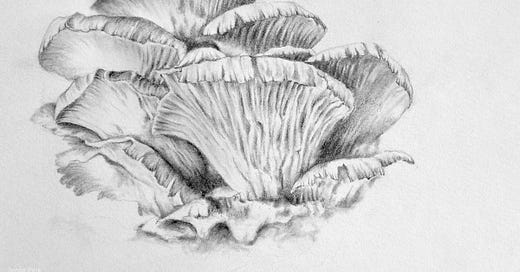Where discomfort meets growth
January was a month of doing nothing. I learn to be ok with this.
Many years ago, I ran into an old college acquaintance on the street that I hadn’t seen since we were both in school. Sometimes these chance encounters can be a bit awkward. We quickly exchanged a two sentence elevator pitch about our lives and then I asked the innocuous question of what he did for a living. After an uncomfortable pause, he replied that he was exploring a few interests after being fortunate enough to sell a business.
His discomfort at this question was palpable, almost like he was embarrassed to tell me that he didn’t work. I remember brushing off the encounter as a one-off because I couldn’t relate to not having to work since we had just lifted ourselves out of a paycheck-to-paycheck struggle. I was tired of skating along the edges of never having enough and I was envious. I realized then, that I have hang-ups about class and privilege. I look back at this with some irony as I acknowledge the privilege of where I stand now, more than a dozen years later.
I am now like…




